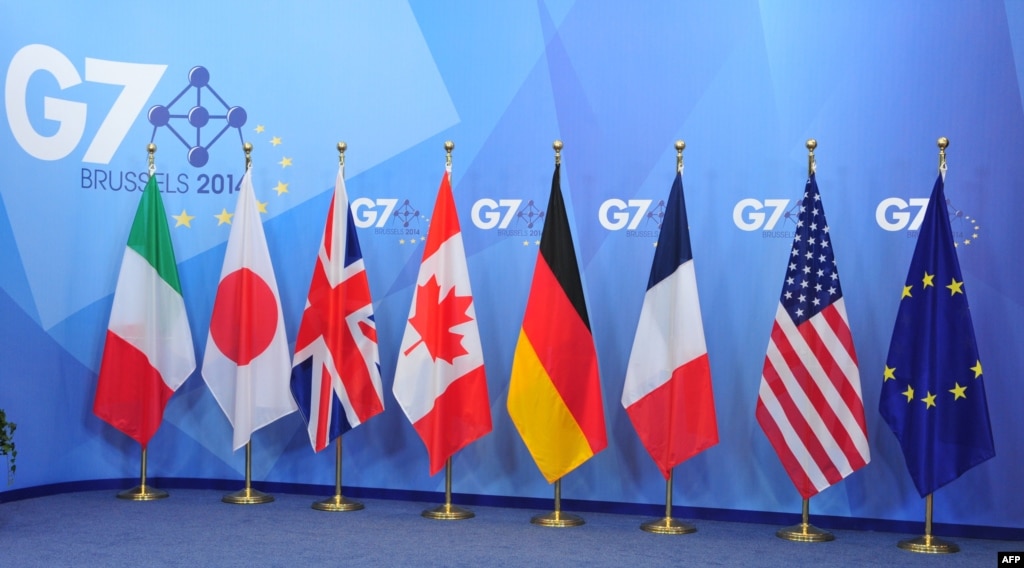The White House announced on Sunday that the United States plans to gather $200 billion in private and public funding over the next five years to support infrastructure projects in underdeveloped nations in an effort to challenge China’s multitrillion-dollar Belt and Road project.
U.S. President Joe Biden and other leaders of the G7 group, some of whom have already announced their own efforts, will present the ideas in Schloss Elmau in southern Germany at their annual summit this year.
G7 leaders initially proposed the initiative last year, but have now formally launched it under a new name, “Partnership for Global Infrastructure and Investment,” while ditching the slogan “Build Back a Better World,” first used by Vice President Joe Biden during his 2012 presidential campaign.
During a G7 side session, Biden will present several new initiatives, including those aimed at combating climate change and improving global health, gender parity, and digital infrastructure. Leaders from the United Kingdom, Germany, Japan, the European Union, and Canada will attend. The absence of French President Emmanuel Macron, who had publicly agreed to take part in China’s infrastructure initiative, is notable.
President Obama “doesn’t think that we need to spend a dollar for dollar against China… though if you total up what [the United States] and the G7 partners are about to announce, it gets quite close to the figure,” one senior American official told reporters.
Hundreds of billions of extra dollars might also come from multilateral development banks, development financing organisations, sovereign wealth funds and others, the White House said, adding that grants and government funding will be used to generate the sums.
President Xi Jinping announced China’s Belt and Road Initiative (BRI) in 2013, and it already spans over a hundred nations, with a variety of projects ranging from train and port infrastructure to roads and highways.
Xi’s goal to modernise the old Silk Road trade route has delivered little visible benefit for many developing nations, according to White House officials, with top positions flowing to Chinese employees while forced labour and child labour rates are rising.
Vice President Joe Biden will highlight a $2 billion solar development project in Angola supported by the Commerce Department, the U.S. Export-Import Bank, the U.S. corporation AfricaGlobal Schaffer, and the U.S. project developer Sun Africa, among others.
Institut Pasteur de Dakar in Senegal, which is developing an industrial-scale modular multi-vaccine production facility, will receive $3.3 million in technical support from the United States, G7 countries, and the European Union.
Additionally, the World Bank’s new worldwide Childcare Incentive Fund will receive up to $50 million in USAID funding over the course of five years in an effort to close the current global childcare infrastructure deficit.


